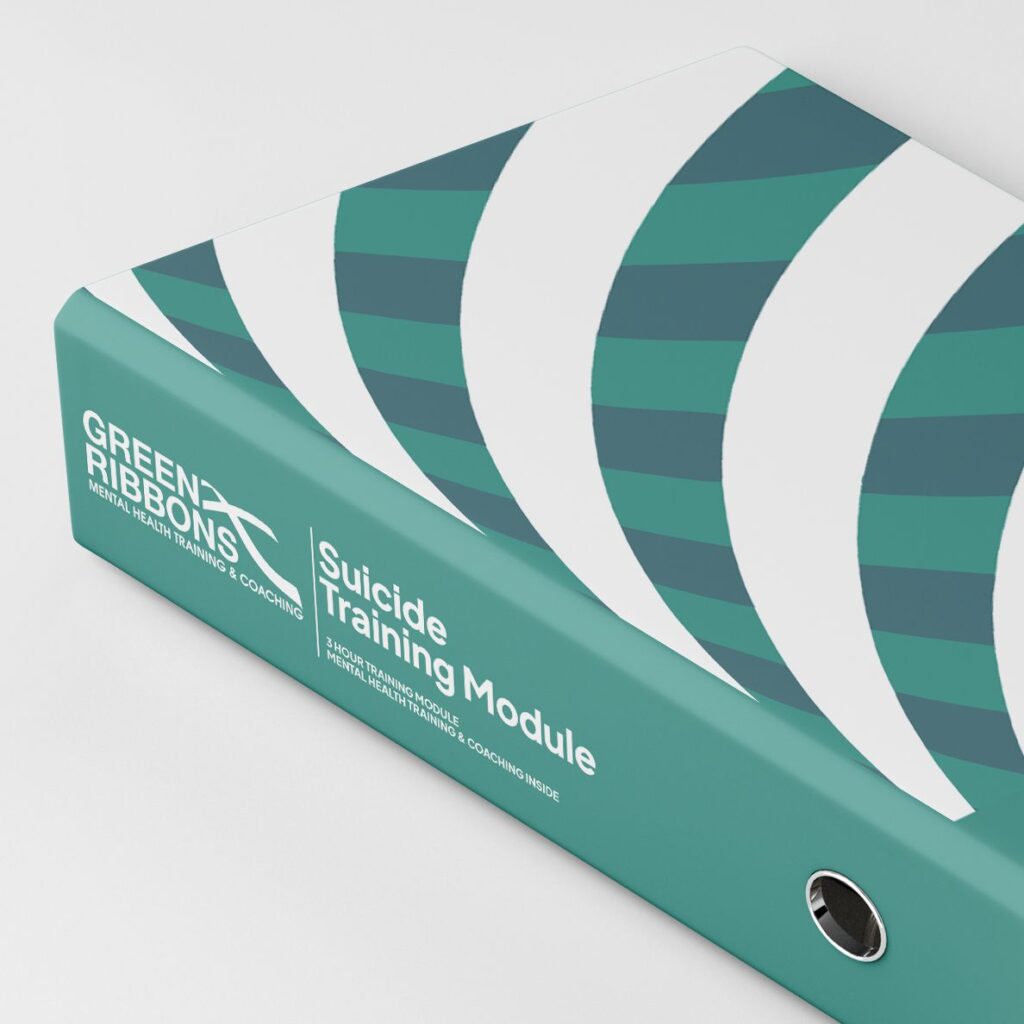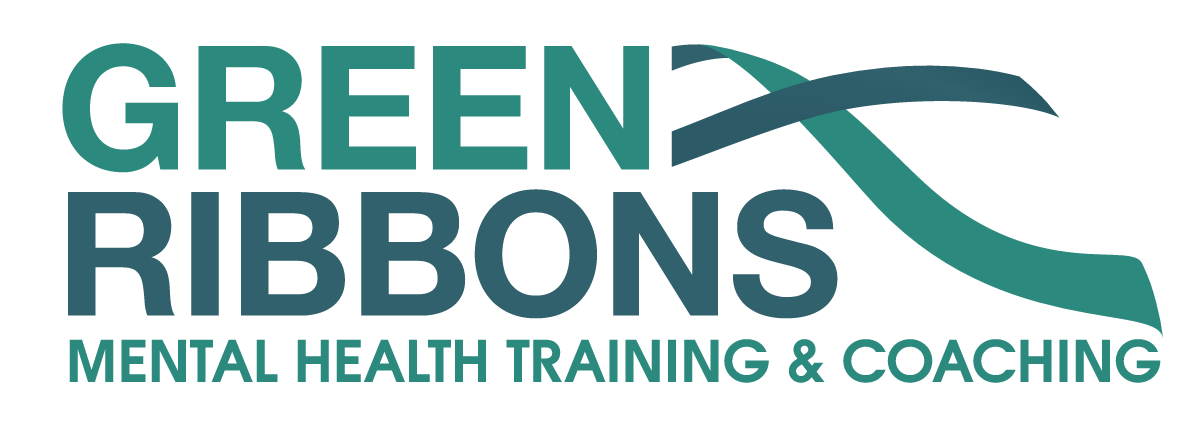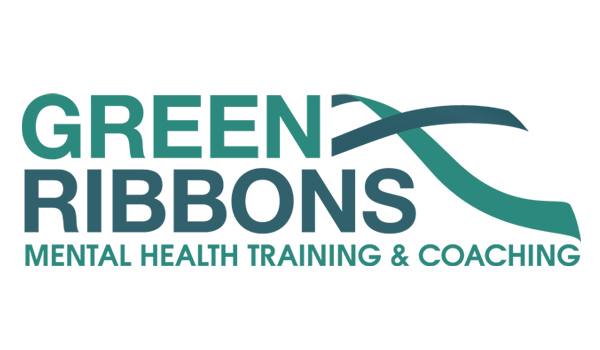Suicide Intervention : Training Module

Developed to build upon the successful Scotland’s Mental Health First Aid (SMHFA) program, this thoughtfully designed three hour course focuses on providing you with the tools and resources to equip participants with the knowledge, skills, and confidence to recognize, address, and prevent suicide-related crises in their communities. With the growing concern surrounding suicide rates in Scotland and beyond, there is an urgent need for well-prepared and compassionate individuals who can intervene effectively during these critical moments.
In this comprehensive course, participants will gain an in-depth understanding of the complex nature of suicide, its risk factors, and warning signs. Our expert instructors will guide you through a range of evidence-based strategies to engage and support those who may be experiencing suicidal thoughts or exhibiting self-destructive behaviors. By the end of this course, you will be empowered to offer life-saving assistance and connect individuals in need with appropriate professional resources.
What’s on this page?
Course Basics
- 3 Hour Course
- Groups of 8-16
- Suitable for Businesses, Organisations & Groups
What is: Suicide?
Suicide is the act of intentionally taking one’s own life. It is a complex and tragic event that often stems from a combination of psychological, emotional, social, and environmental factors. People who contemplate or attempt suicide may be experiencing significant emotional pain, hopelessness, and despair, and may feel that they have no other option to escape their suffering.
Suicide prevention efforts aim to identify and support individuals who are at risk for suicide, provide crisis intervention, and address the underlying factors contributing to suicidal thoughts and behaviours. It is crucial to take any warning signs or threats of suicide seriously, as early intervention can save lives. If you or someone you know is in immediate danger or experiencing a suicidal crisis, it is important to seek help from a mental health professional, a trusted friend or family member, or emergency services.
The Problem: Common attitudes towards Suicide
Negative & damaging attitudes towards Suicide in the Mental Health context are common: There's something you can do for yourself, your friends, your family and your colleagues...
Suicide: Why should you undertake this training?
As a stand-alone course, the Suicide module provides essential skills and knowledge that can be applied in various settings, including schools, workplaces, and communities. By participating in this transformative learning experience, you will not only be investing in your own personal and professional growth, but also contributing to a broader societal effort to combat the tragedy of suicide. Together, we can create a more empathetic and proactive Scotland, one conversation at a time.
The Good news: There is a training module which will enhance your understanding, and foster empathy and support for those experiencing mental health challenges
Three Hour Module: Suicide
The “Suicide” module is a vital and comprehensive course designed to empower individuals with the essential knowledge and skills to effectively address and prevent suicide-related crises. With the increasing concerns surrounding mental health and suicide rates in Scotland and worldwide, this stand-alone module is an indispensable resource for those seeking to make a tangible difference within their communities, schools, and workplaces. By participating in this transformative learning experience, you will not only be investing in your own personal and professional development but also contributing to a broader societal effort to combat the tragedy of suicide.
Throughout this highly informative course, our expert instructors will guide you in understanding the complex nature of suicide, its risk factors, and warning signs. You will learn to develop empathetic communication skills and master practical intervention techniques to assess and manage immediate suicide risks. In addition, this module emphasises the importance of ongoing support for individuals who have experienced a suicidal crisis and equips you with the tools to connect them with appropriate professional resources. By completing the “Suicide” module, you will be taking a crucial step in fostering a more compassionate and proactive Scotland, one conversation at a time.
What does the “Suicide” Module Cover?
How does the "Suicide" module work?
Duration
The module takes 3 Hours, providing a focussed and comprehensive learning experience.
Small Group Sizes
Classes, of 8-16, are kept small to facilitate personalised attention, encourage active participation, and foster a supportive learning environment.
Interactive Learning
The course features a mix of presentations, group discussions, case studies, videos, and role-playing exercises to ensure a practical, hands-on learning experience.
Confidentiality
Instructors maintain a safe and confidential space for participants to share their experiences and ask questions without judgment.
Ready to find out more? Contact Us Today
Why Train with Green Ribbons?
Unraveling the Threads of Mental Well-being
Green Ribbons is dedicated to delivering high-quality Mental Health First Aid training in Scotland, empowering individuals to recognise mental health challenges, provide support, and foster a culture of empathy and understanding. By tying together knowledge, empathy, and resilience our accessible mental health training promotes understanding, reduces stigma, and enables individuals, businesses and communities to prioritise mental well-being. Everyone benefits from Mental Health Awareness Training
Our Experience
- 30 Years working within the Mental Health sector
- Experience across a range of Third-Sector Organisations
Our Specialties
- Scotland’s Mental Health First Aid (SMHFA)
- Tailored SMHFA Training
- Individual Mental Health Awareness Modules
- One-to-one Training & Coaching
Our Approach
- Empathy & compassion
- Inclusive
- Evidence-based and up-to-date
Our Areas
- Moray
- Highland
- Aberdeenshire
- Aberdeen City
- …across Scotland
07726 780800
Call
Call us for an Informal chat about Scotland’s Mental Health First Aid and Mental Health Awareness Training
- We can discuss how SMHFA can benefit your organisation and explore options
info@greenribbons.co.uk
@GreenRibbonsHQ
Socials
- Facebook: @GreenRibbonsHQ
- Twitter: @GreenRibbonsHQ
- Instagram: @GreenRibbonsHQ







